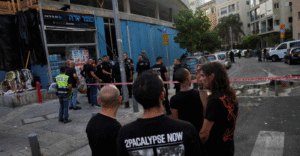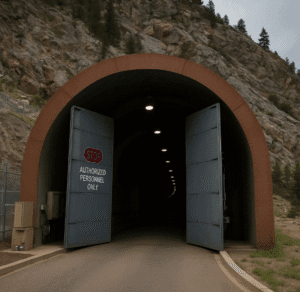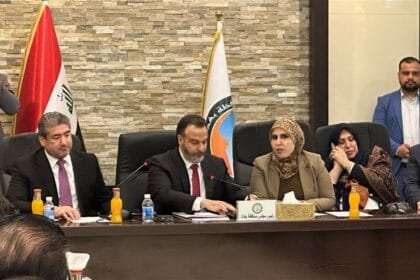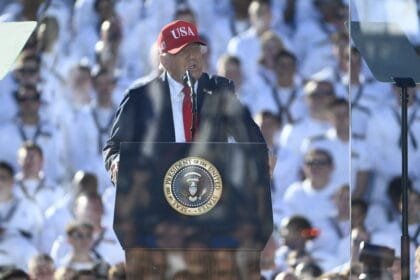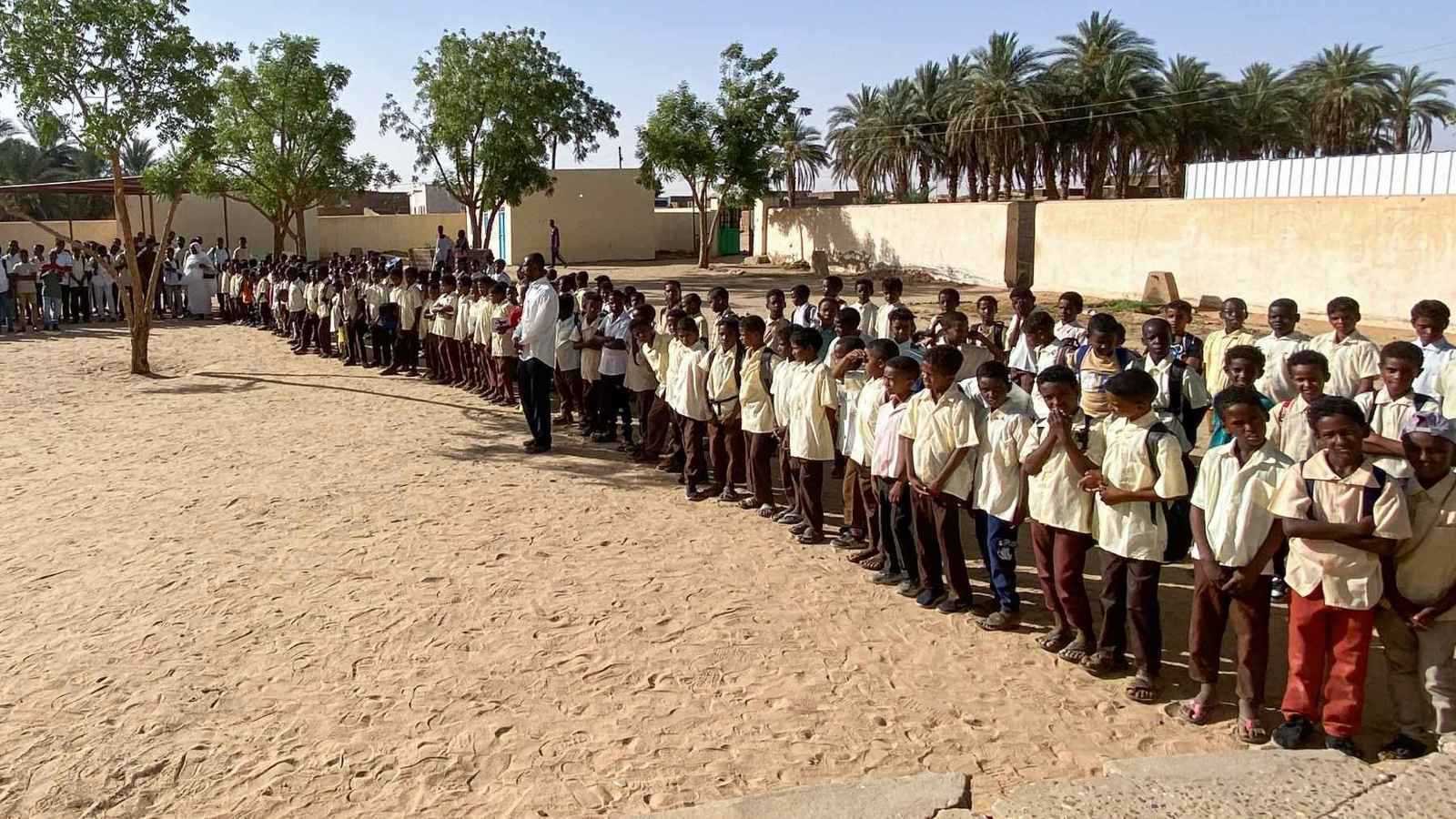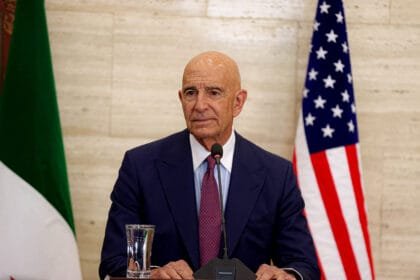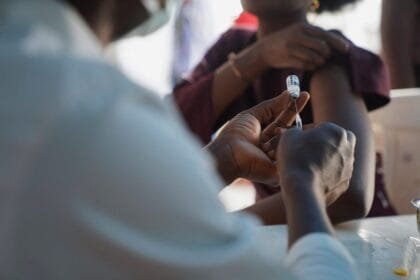Damascus, Syria – Syrian sources reported on Saturday that the People’s Assembly elections in the governorates of Sweida, Hasakah and Raqqa have been postponed.
This is due to security challenges until appropriate conditions and a safe environment are available to conduct it.
According to the sources: “In order for the Supreme Committee for People’s Assembly Elections to ensure fair representation in the People’s Assembly for the three Syrian governorates (Suwayda – Hasakah – Raqqa), and in view of the security challenges these governorates are witnessing, the Supreme Committee decided to postpone the electoral process in the aforementioned governorates. This will continue until the appropriate conditions and a safe environment are available to conduct it. The seat allocations will remain reserved until the elections are held there as soon as possible.”
Practical procedures for the Syrian People’s Assembly elections began on Friday.
This was done after Syrian President Ahmed al-Sharaa approved the provisional electoral system for the People’s Assembly.
The new electoral system stipulates the formation of a Supreme Elections Committee. This committee is appointed by the President of the Republic. It supervises the entire process, with two-thirds of the Council’s 210 members elected through local electoral bodies.
The remaining third is appointed by presidential decree. Seats are also distributed according to the population distribution of each governorate.
Member of the electoral body
According to the decree, a member of the electoral body must be Syrian before May 1, 2011. They must not have run for president or the People’s Assembly after 2011 unless it is proven that they defected. Additionally, they must not be a supporter of the former regime or terrorist organizations.
In response to a question about why an indirect system was adopted through electoral bodies instead of direct voting, Al-Ahmad said: “Many Syrians at home and abroad do not have identification papers due to displacement, destruction, and burning of civil records by the previous regime. This situation prompted us to invent a mechanism. It allows the People’s Assembly to arrive as one of the three authorities in the new Syria”.
Regarding fears of weakening the legitimacy of the Council in the absence of direct voting, he explained that “all Syrians have the right to object to members of electoral bodies. They can do this through appeals committees spread across 62 electoral districts. This ensures the counting of scientific and societal competencies.”
He stressed that the next council, expected to be elected in September, will play three main roles. These roles are: legislating laws to suit the stage, representing Syrian society in all its diversity, and holding the government accountable through budget oversight.





